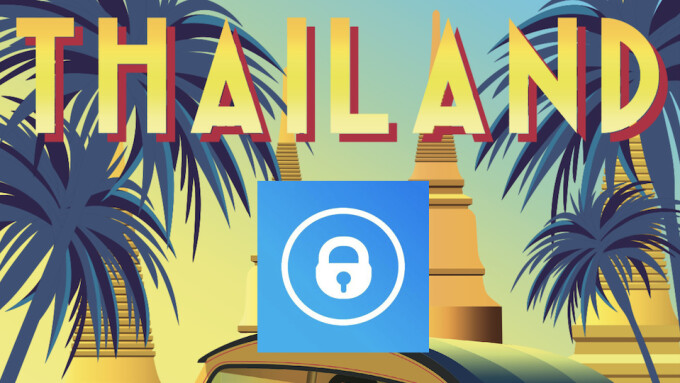PHUKET, Thailand — As more Thais have opened OnlyFans accounts to support themselves during the pandemic, legal experts in the Southeast Asian kingdom are warning about the uncertain status of the content produced given their notoriously harsh obscenity laws.
Like several mainstream papers around the world, the Bangkok Post recently published a profile of local people who had entered sex work for the first time during the pandemic, after opening an account on the popular premium service.
But in Thailand, the report explained, publishing “obscene” content online is “punishable by up to five years imprisonment, a B100,000 fine, or both.”
“Furthermore, as pornography is considered by law to be a disruption to peace in society, anyone can file a complaint with relevant authorities,” the Bangkok post continued.
One of the content creators, profiled anonymously, argued that, although he “wasn’t opposed to legal controls over pornography in public spaces,” OnlyFans is a “controlled and closed” space and therefore “creators shouldn’t be prosecuted — instead, they should be granted privacy and intellectual property right protection.”
The creator said that since OnlyFan requires age-verification, it is then “consumed in limited circles” and therefore should be protected from copyright violators.
Thai Law and 'Unlawful, Obscene' Material
But the paper also consulted legal expert Natchapol Jittirat, a lecturer at Chulalongkorn University’s Faculty of Law, who said “adult content creators cannot demand protection under the law when their photos and videos are unlawfully disseminated by others, as under Thai laws, the content is considered ‘obscene’ material.”
Jittirat added creators in fact “risk being prosecuted under existing laws.”
And although some people may consider OnlyFans “a private space,” Jittirat opined that “the courts will still consider it to be a public space, as the platform can be easily accessible by anyone with access to the internet.”
“If they want to be safe from legal action, they will have to do it outside the Thai courts’ jurisdiction and the content must not have any consequences in the kingdom,” he added.
Tourist Content and Online Crackdown
A year ago, as XBIZ reported, the arrest and public shaming of an American man and his Hungarian partner in Thailand for "overstaying in the country, publishing pornography and working without a permit" shed a spotlight on a little-talked-about issue among self-producers: the dangers of shooting pornography while traveling as a tourist.
Then, last November, the military party that took over the Thai government, after a coup, announced it was cracking down on adult content and banning access to Pornhub, one of the nation’s most-visited sites.
Although anti-censorship groups protested the measure, Thailand’s Digital Economy and Society (DES) Minister Buddhipongse Punnakanta accused Pornhub of “hosting illegal material from hidden recordings to non-consensual pornography, as well as sexual abuse of children, which obliges the ministry to block it.”
Pnnakanta added his ministry was “looking into complaints against other porn websites and will block them, adding the authorities have taken similar action against illegal gambling websites.”






